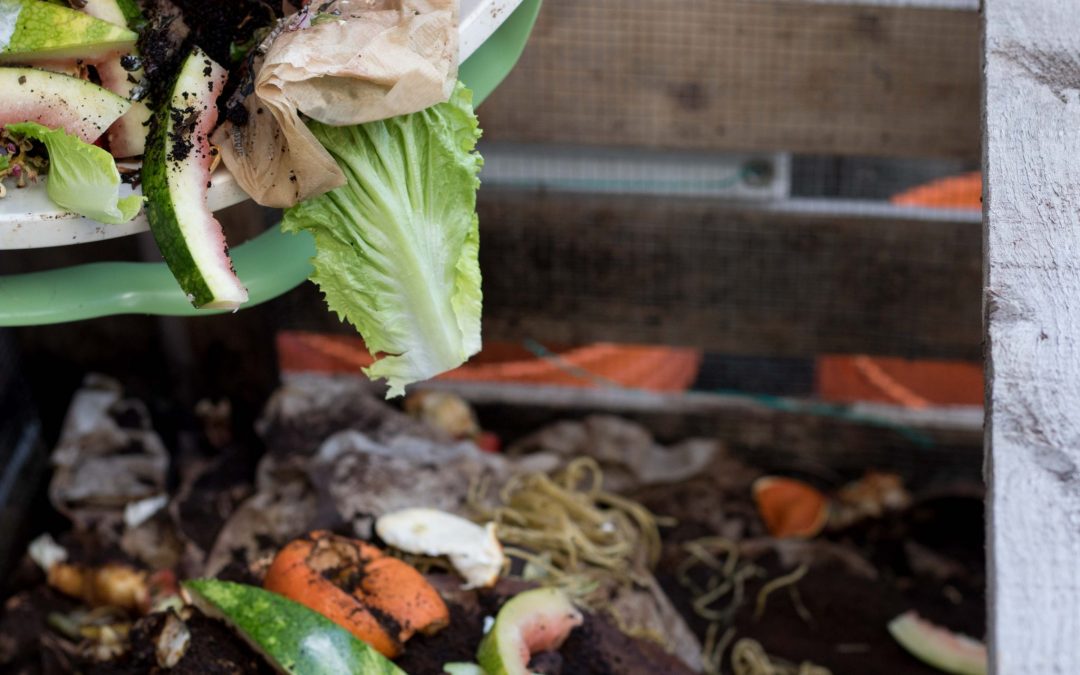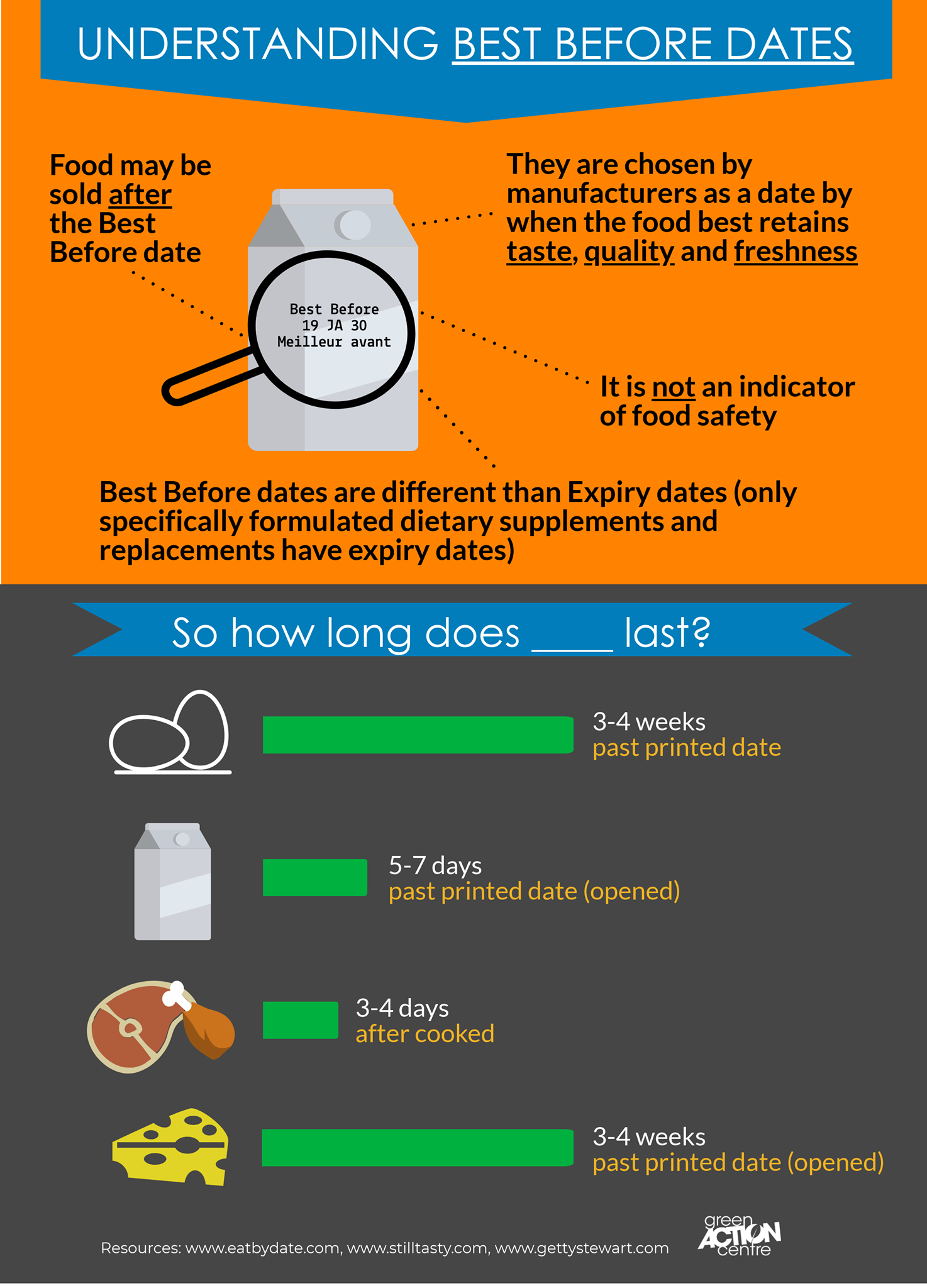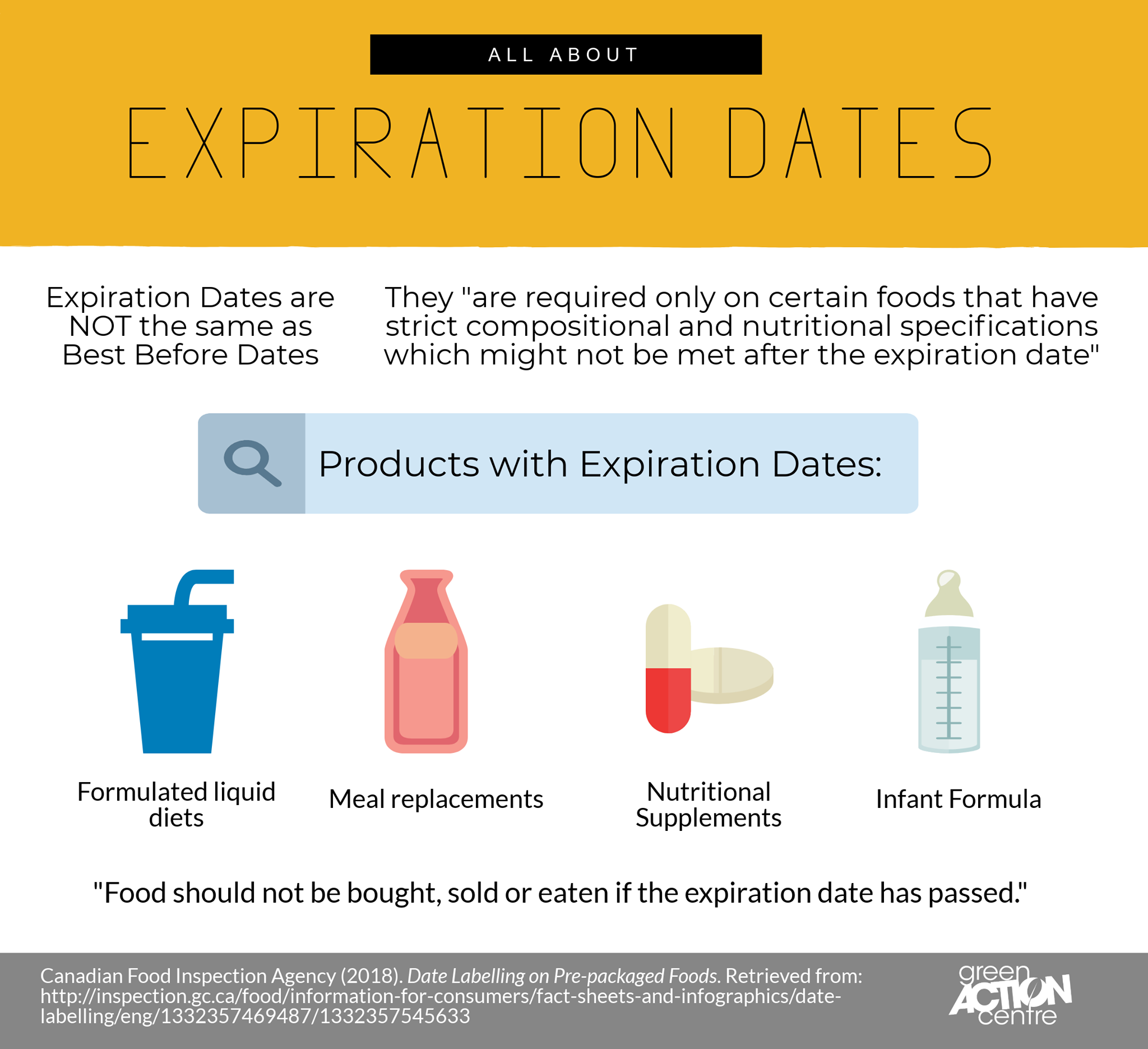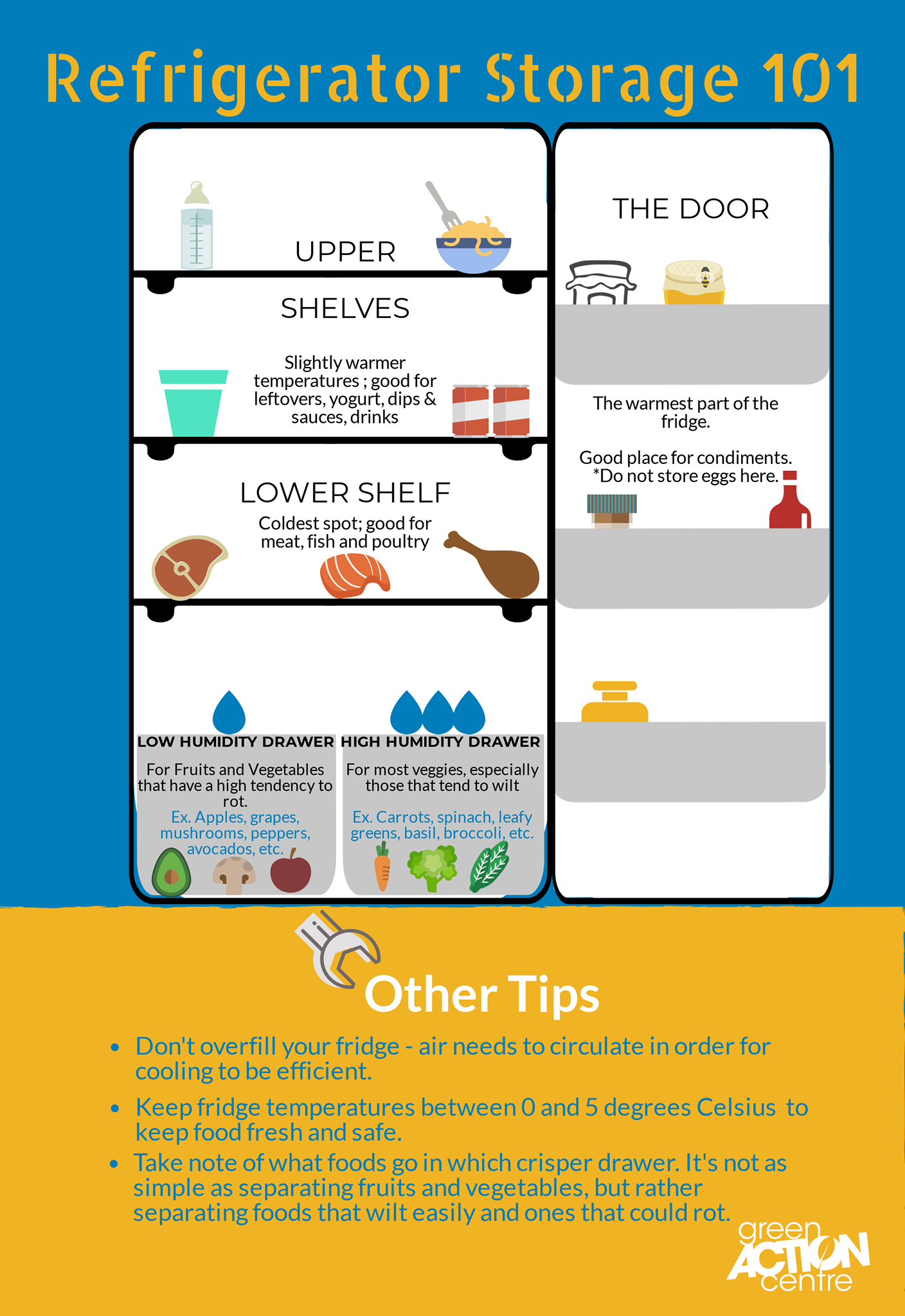What would happen if the average household saved an extra $2000 every year? Think about the programming and supports that could be funded, the quality food people could afford, and the upgrades that could be done to buildings to make them more energy efficient.
A recent study from Dalhousie University found that the average home is currently wasting $2000 worth of food every year, up $234 per year since the beginning of the pandemic. That is approximately five pounds of waste per week per household. In Manitoba, much of this waste ends up in the landfill where it produces methane, a greenhouse gas 84 times more potent than carbon dioxide (over a 20-year period).
Why has household food waste increased since the pandemic started?
Poor planning – Respondents to the study indicated that leaving food in the fridge or freezer for too long, not wanting to eat food that isn’t fresh, and not consuming food prior to best before or expiry dates were contributing factors to increased food waste.
Panic buying – At the beginning of the COVID-19 pandemic, many people were afraid of running out of food and supplies so they purchased food in large quantities. According to the United Nations, “much of the food purchased by households was discarded as food waste, because of a misunderstanding of date marking and improper storage of these household food items.”
Contaminated food – 10% of the people who responded to the study stated they have thrown away food out of fear it was contaminated with COVID-19. Note that according to the CDC, “The risk of getting sick with COVID-19 from eating or handling food (including frozen food and produce) and food packages is considered very low.”
The good news
New routines – Developing new routines gives people the opportunity to learn more about meal planning, grocery shopping, and portion sizes. Planning can significantly reduce the amount of food waste your home produces.
Industry food waste is down – People are eating out less so food waste in restaurants is down. When you take global food waste into consideration (household and industry), overall food waste is down.
Canning and preserving is up – More people are taking increased time at home as an opportunity to preserve the local food they grew or purchased over the summer.
More people eating leftovers – 5% of study respondents indicated they are eating more leftovers than prior to the pandemic.
Compost your inevitable food waste
Some food waste is inevitable. Likely you’re not interested in eating your apple core or banana peel. So what can you do with your organic waste to ensure you’re not contributing to the increased production of methane?
Compost your food scraps through backyard composting, getting composting worms, bringing your waste to a community compost site, or getting your compost picked-up by Compost Winnipeg.
In addition to significantly reducing your greenhouse gas emissions, composting creates a closed-loop system leaving you with nutrient rich soil so you can grow more food.
Our composting team has created numerous resources to help you get started. If you can’t find what you’re looking for on our website, call our compost info line at 1-866-394-8880 or email compost@greenactioncentre.ca.
Reducing food waste at home
We’ve compiled a list of 52 ways to reduce your food waste at home. A few highlights from the list include:
Meal planning – Choose a few recipes every week or two and add those to a meal calendar (taking into consideration any leftovers you may have). Use your calendar as a guide when grocery shopping.
Looking past best before dates – These dates are chosen by manufacturers as a point when food retains taste, quality, and freshness. Foods are safe to eat after the stamped best before dates (note that best before dates are different than expiry dates).
Use a portion planner when cooking for larger groups – There are free online portion planners you can use when planning a meal. lovefoodhatewaste.com is one of our favourites.
Fridge storage – Where you place food in your fridge influences how long it lasts. Learn about your crisper drawers, the temperature you should keep your fridge at, and how full is too full.
Donate excess food – If you have excess food in your home that you’re not going to eat, be sure to donate it to a local food bank, a friend or family member, or to someone requesting food in Winnipeg’s Mutual Aid Society Facebook Group.
Click here for a list of more ways to reduce your waste.







Recent Comments